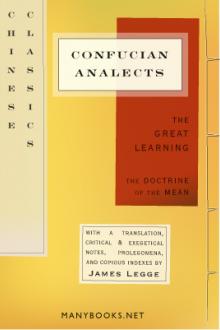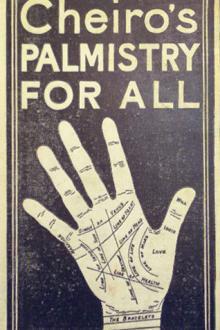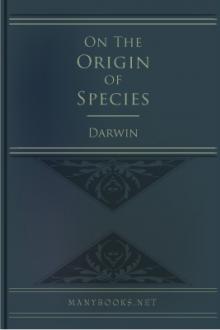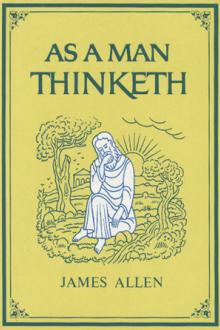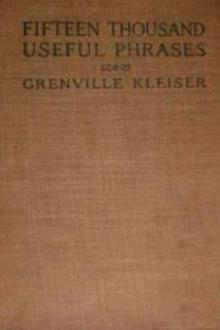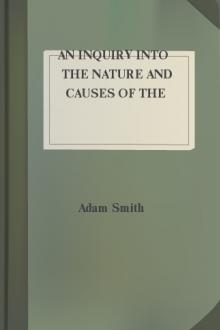Auction of To-day
Book Excerpt
[1] Also known as "the Bid" and "the Call."
Any good player who has to choose between a partner who bids well and plays poorly, and one who is a wild or unreliable bidder, but handles his cards with perfection, without hesitation selects the former.
To be an expert player requires natural skill, long experience, keen intuition, deep concentration, and is an art that cannot be accurately taught either by the instructor or by a textbook. Bidding has been reduced to a more or less definite system, which may be learned in a comparatively brief space of time. Consequently, any one possessed of ordinary intelligence, regardless of sex, age, temperament, or experience, may become an expert declarer, but of all who attempt to play, not more than forty per cent. possess that
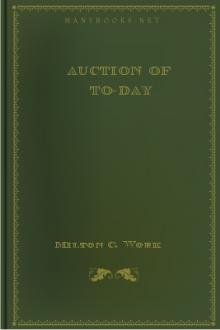
 Free Download
Free Download















